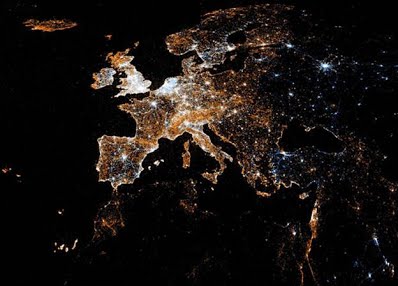Are “new media” fundamentally changing the practice of democracy? Recent years have seen a significant transition in the role computer mediated communications play in the political sphere. A technological revolution driven by economic and market forces is undermining settled practices, established institutions, and traditional communications norms. As a result, public policies governing the telecommunications and media infrastructure need to be re-examined, and their theoretical foundations and paradigmatic assumptions reformulated.
Technological developments and broadband communications have forced the rules of political discourse to change: contemporary new media are circumventing and displacing old media; political candidates and public officials are finding new ways of communicating with the public; fundraising and advertising in political campaigns are being reshaped; and voiceless organizations and communities around the world are making themselves heard -- both within their national boundaries and around the world. The Institute for Information Policy at Penn State University and the New America Foundation's Open Technology created this space to share ideas, research and relevant trends focused on the role Internet policies play in the promotion and preservation of democracy and human rights.
This expert workshop offered a relevant space to discuss some of the following topics. • Freedom, democracy and justice: Changing concepts of democracy in the 21st century In addition, this event was a valuable opportunity to explore key research questions such as:
Ph.D Research Fellow Oxford Internet Institute University of Oxford [*] Judging from this map of Europe, it is clear that Twitter is most popular in Britain and the Netherlands. Orange dots = Flickr photos; blue = tweets; white dots = bothPicture: Eric Fischer. Original source. |
|
|

